There are a lot of indie games out there. A lot. Sometimes, it’s hard to find the one that really grabs you, a problem not helped by difficult to navigate platforms like the Nintendo eShop (but the eShop’s problems are another story).
Other times, that one just happens to fall right in front of you.
That’s what happened to me a few weeks ago. I was doing a write-up based on a press release for an upcoming indie game by Romanian developers Alien Pixel Studios called Unbound: Worlds Apart, set to release later this year. The trailer, premise, and inspiration behind the game really stood out as something unique to me.
So I reached out and asked if the devs would be willing to speak further about the game, its origins, and its evolution over time, and happily, Sergiu Craitoiu, Unbound‘s designer, responded with a wealth of detail.
From Humble Beginnings
Unbound: Worlds Apart has been in development for several years. In that time, a lot has changed.
Originally, the devs were inspired by a few particular things: the idea of the main character using a sphere to manipulate the world and the desire to create a dark tale around that character.
Craitoiu said the goal was creating a 3D game — but 3D requires a lot more in the way of resources, which the team couldn’t spare at the time. Instead, they worked on creating a prototype in 2D, and it stuck from there.
Like all creations, there are some specific inspirations behind Unbound. Craitoiu said Olga, the team’s artist, was particularly influenced by games like Ori and the Blind Forest, Hollow Knight, and Limbo, while Craitoiu himself was inspired by the likes of Portal, Braid, Diablo II, and The Swapper.
However, Craitoiu provided some interesting information about how the core mechanic, the dimension-altering sphere, came from outside the world of gaming:
At that time I was listening to a UK metal band called Architects, and they have a video clip on Youtube, where they have a huge bubble behind them making a contrast between black and white, and from that moment I knew that we could apply some sphere or portals like that in the game.
The early prototype had the sphere extend to the entire screen, which completely altered the environment, but also had the potential to make things pretty confusing for players. Thus, the limited sphere extending out from main character Soli was born.
From there, Craitoiu said every aspect of the game continued to evolve. The first prototype was linear, and he likened progression to Limbo in how straightforward it was. Additionally, the story itself — one of the game’s key features and an important part of its conception — was practically nonexistent.
When the team realized that the core mechanic of switching portals on and off wasn’t satisfying enough, even if it was visually appealing, Craitoiu said they knew it was time for a change.
They thought about how they could revise the portal system and settled on the idea of adding magical qualities to them. Now, they could…
[…] change physical aspects of to the character and monsters or making environment elements behave differently. So instead of one portal, now we have different portals that can surprise the player while they are playing.
A good bit of that comes across in the trailer, which sees Soli altering enemies, or making them disappear completely, and apparently imbuing platforms and items with something that allows them to be moved.
The progression system got an overhaul too. Craitoiu said he wouldn’t consider Unbound a Metroidvania game, but it does require players to unlock certain abilities or solve specific quests in order to advance further.
Apart from that, though, players are free to move through worlds and complete quests and puzzles as they see fit. Some puzzles are completely optional as well, and you can still finish the game without doing absolutely everything there is to do.
Not Your Usual Fairytale
The story itself grew as a result of everything else; Craitoiu commented that “as the game grew, we felt the need for a richer and more engaging story as well.”
That story is based on the concept of a dark fairytale. Rather than modeling Unbound’s story on a certain kind of fairytale, like the Brothers’ Grimm stories, the team works with a fairly loose definition of the term: a story where the forces of good face off against the forces of evil.
In Unbound‘s case, the evil has completely invaded the world and threatens to envelop it totally.
That’s a good part of where darkness aspect of the dark fairytale comes from as well. It influences everything else: the characters Soli encounters, Soli himself and his tale, and the tarnished environments he’ll traverse.
There’ve been a few games in recent years with a dark storybook tone to them, like this year’s The Liar Princess and the Blind Prince and 2017’s A Rose in the Twilight.
However, Craitoiu said the team didn’t really have any precedents in mind when they chose the feel and tone of their tale, nor were they intentionally trying to advance it as a vehicle for telling game stories: “For us, really it was just about trying to find the right story and tone for our game, and we’re really pleased with the results so far.”
Taking the Plunge
It helps that Unbound has, thus far, met with very positive reception at conferences where the dev team showed it off. That reception also led to a big change in how they approached the game and development in general.
Like with most indie devs, the Alien Pixel team has to juggle real life responsibilities and jobs with their creative endeavors.
But they recently decided to switch to development full time based on the reception the game has received and how much they believe in its potential, even turning down job offers from overseas so they could stick with development. “It was quite stressful to do that,” Craitoiu says.
Part of the stress came from the hopes and expectations of those around them:
You always have that pressure from people close to you to have a ‘proper’ job. Nevertheless…working for your own projects is so much more satisfying and challenging than working for any other job, where you do the pretty much same stuff every day.
That Alien Pixel is a team of two adds to the challenge and variety, and Craitoiu describes the setup as offering a refreshing sense of freedom.
Each day presents new opportunities and things to learn, and the two can choose whether they want to tackle the story one day and marketing the next or spend some time tackling the development itself.
Still, many indie games with great potential never make it to the market or suffer from lack of resources. To that end, Alien Pixel is launching a Kickstarter campaign on May 7to help ensure Unbound is in the best form possible when it releases.
Nearing the End
The campaign will have two primary goals. The one is development-oriented, as you would expect. Craitoiu said the team hopes the campaign can raise enough so Unbound‘s development doesn’t have to be rushed. They really want the ability to focus on sound design, music, and video production, along with bringing on some additional team members.
Crowdfunding does more than just raise money, though. It also builds communities of people interested in a specific product, which is exactly what Craitoiu hopes happens with Unbound’s campaign:
We also want to increase our community of the game, which is really important to us, because they can help us with feedback and raise morale through the production. We are really happy to already have such a nice supportive community on Discord and on other social media like Twitter and Facebook, but we still want to grow it even more.
For much the same reason, Alien Pixel is planning to release a demo of Unbound: Worlds Apart April 24, and it’s set to be a meaty demo as well.
Craitoiu said the goal is for the demo to introduce players to several dangerous environments, where they uncover a portion of the story by solving some puzzles. It’ll also get players familiar with the portal system by using it to solve puzzles with a range of difficulties.
And, of course, it’ll show off the platforming features and art style.
—
Alien Pixel Studio’s three-year-long journey is nearing its end. Unbound is expected to launch on PC sometime in 2020. But in the meantime, if you want to keep up with developments and news, you can follow the dev team on Discord and Twitter.
A huge thanks to Sergiu Craitoiu for taking the time to answer all my questions and to Lewis Denby of Game if You Are for facilitating the interview!

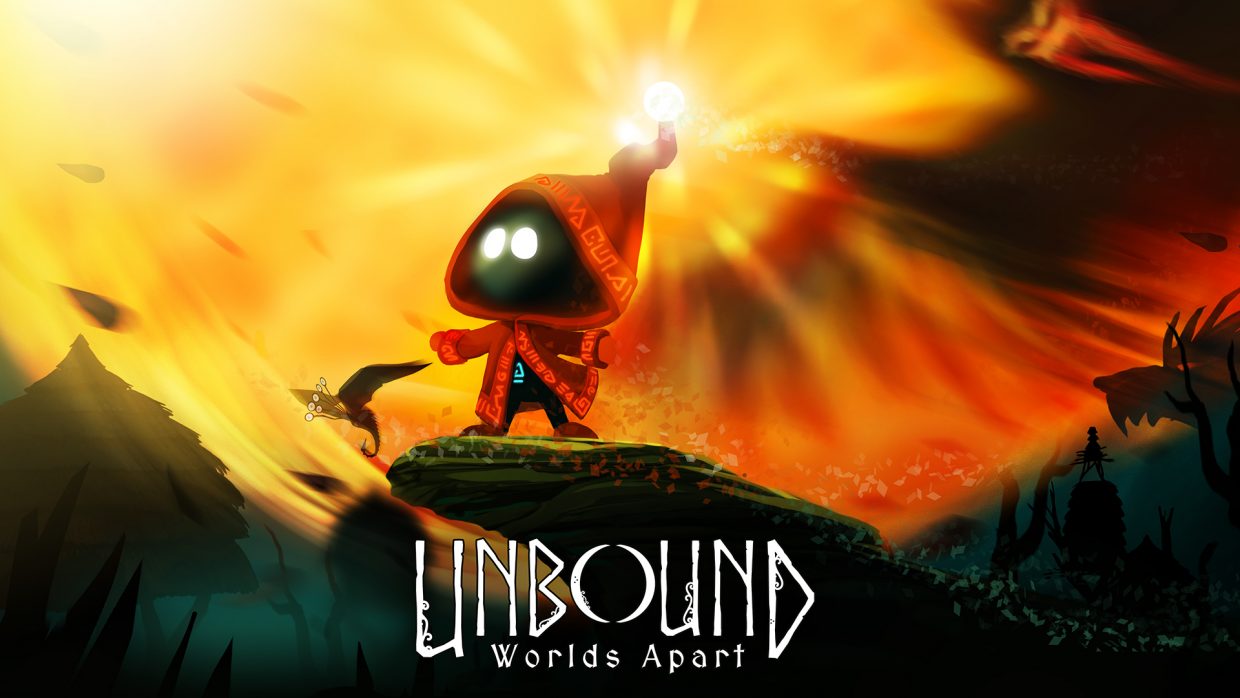
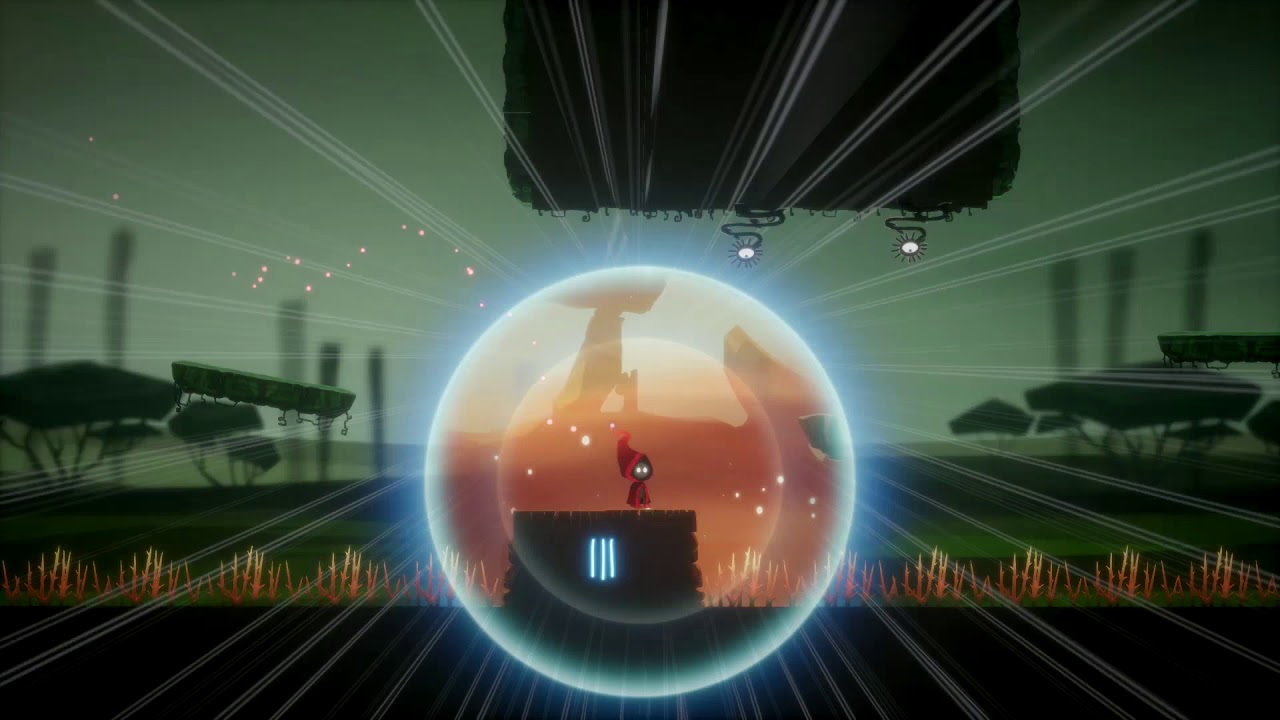
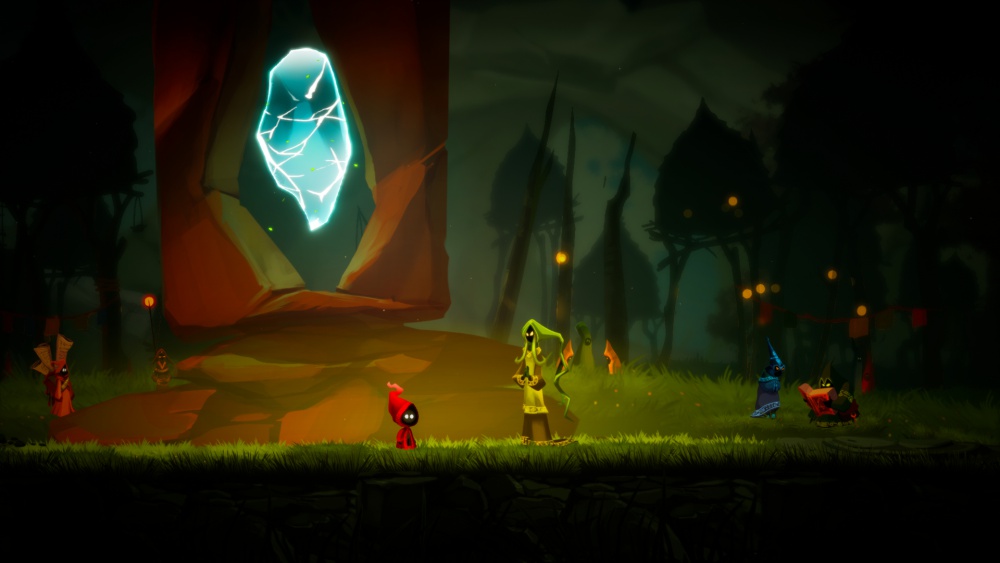
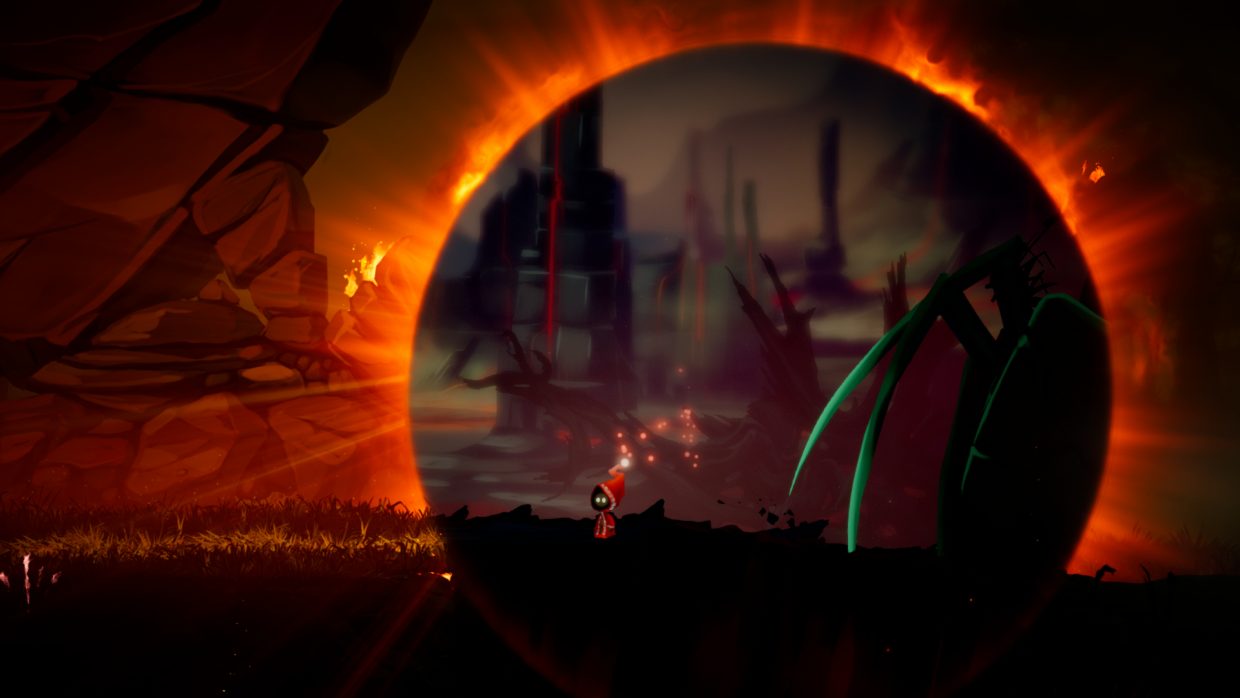
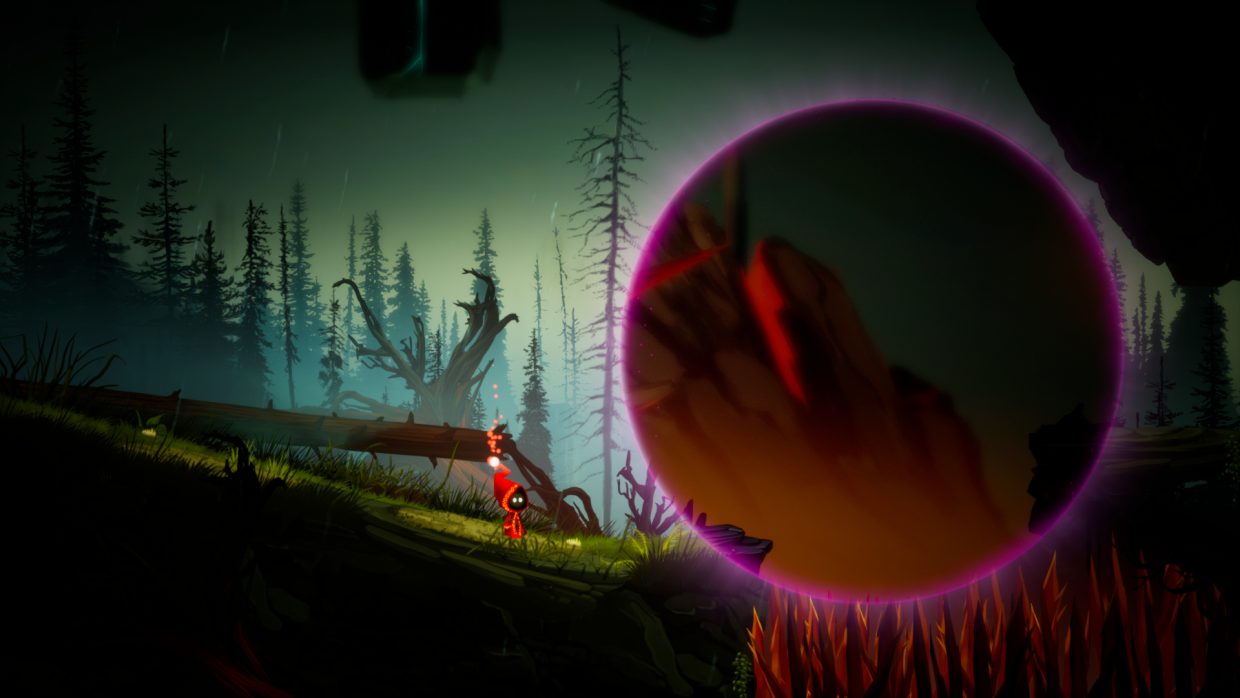





Published: Apr 17, 2019 03:03 pm